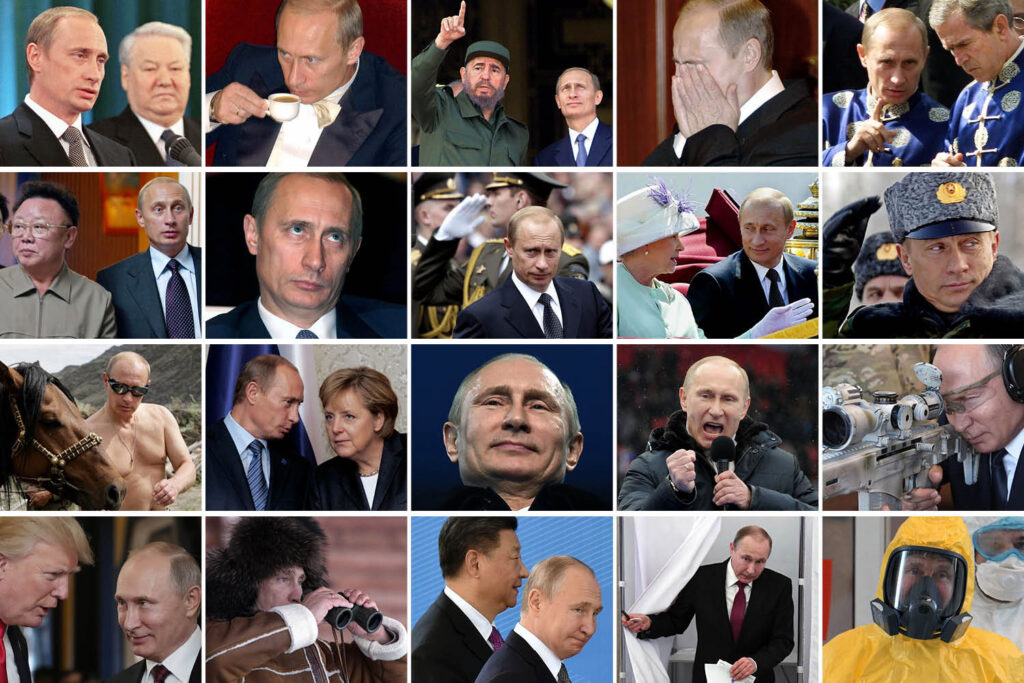A Strongman Brand Others Can Emulate
For the past 20 years, Putin has been driven principally by his desire to maintain power. To this end, he has weakened the state, eliminated competition, and personalized Russia’s political system. While an older generation of Russians credit Putin for helping Russia overcome the turmoil of the 1990s, in reality he has turned the country into a kleptocracy that does not work for ordinary Russians. As he has grown more paranoid about threats to his power—internal and external, real and imagined—Putin has suppressed the freedoms of Russians, increasingly through an arsenal of digital tactics.
As he has grown more paranoid about threats to his power—internal and external, real and imagined—Putin has suppressed the freedoms of Russians, increasingly through an arsenal of digital tactics.
Despite Russia’s internal weaknesses, Putin has boosted the country’s global standing. The lack of constraints on his power, his investment in modernizing his military, and his ability to exploit asymmetries of interest between Russia and the West have allowed Putin to seize opportunities, even those that violate international laws. Today, Russia has a role in most global issues of consequence. But Putin also understands the limits of Russian influence. He has therefore sought to undermine Western democracies to improve Russia’s relative standing. His tactics and strongman brand have created a model that anti-democratic leaders emulate. As Putin has alienated Russia from the West, Russia’s place in the world is increasingly alongside the regimes of Bashar al-Assad, Hassan Rouhani, Nicolás Maduro, and Xi Jinping. Much can be told from the company one keeps.

